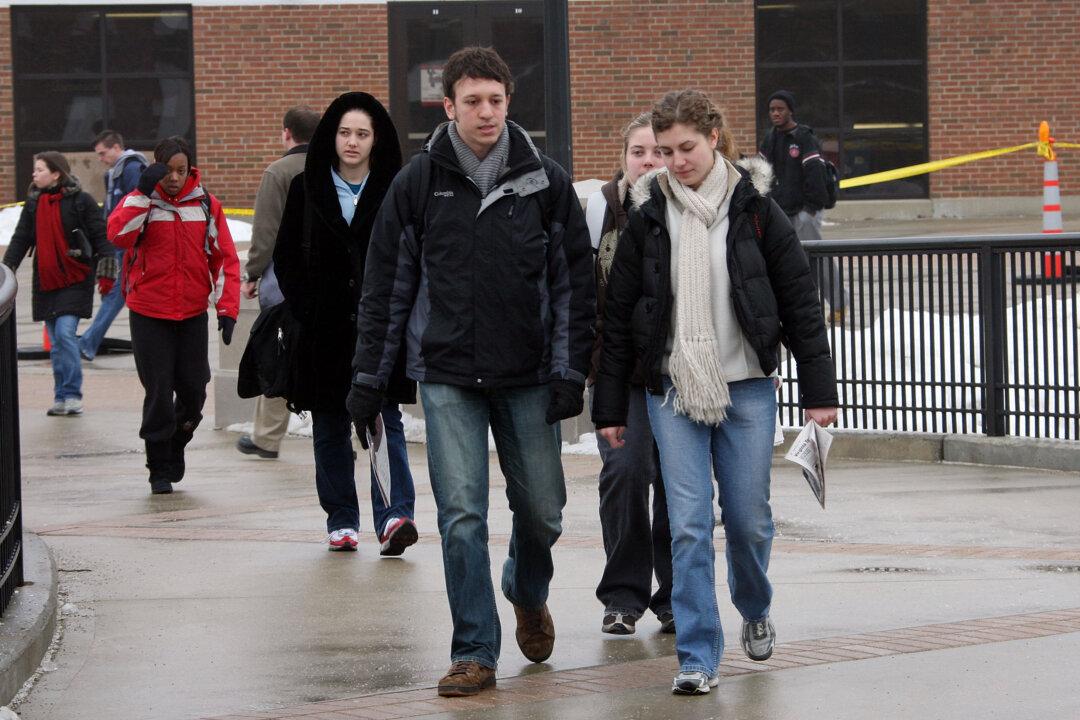DeKalb-based Northern Illinois University announced that it will stop using standardized tests in its undergraduate admissions process and will instead admit every applicant with a grade point average of 3.0 or higher.
Some evidence suggests the school’s decision may be related to the fact that it’s having a hard time attracting students.





